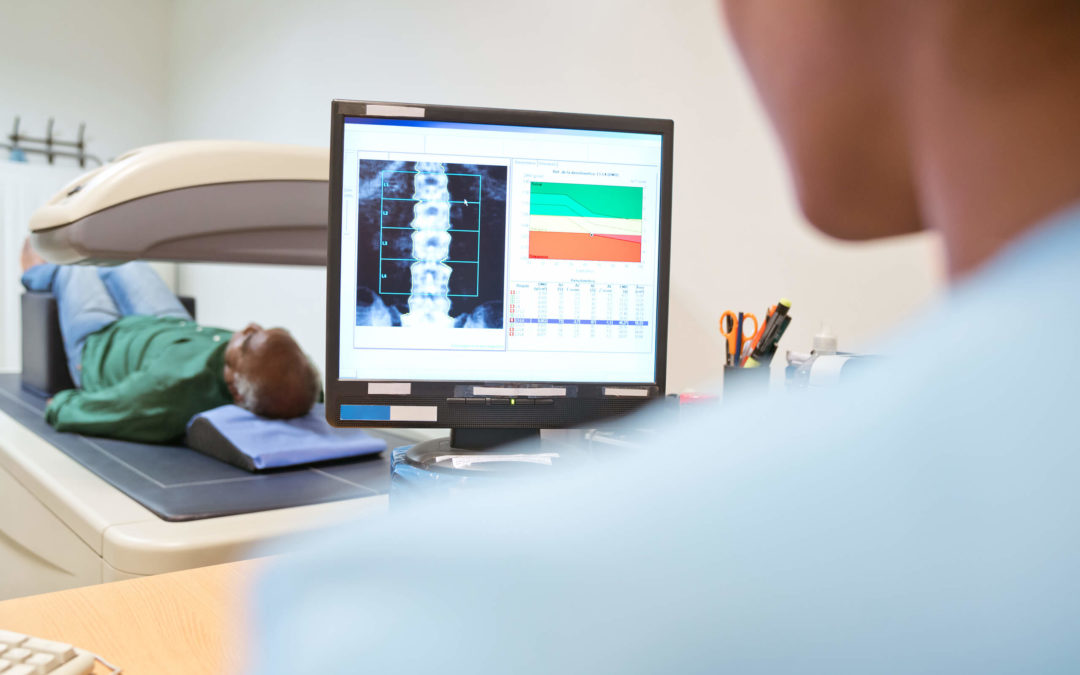Dizziness is something nearly everyone has experienced at least once. There are many causes of dizziness that are no cause for concern, such as riding a ferris wheel, having the common cold, standing up quickly, or really slurping down that frozen drink too fast.
If the dizziness is persistent, however, you should get it checked out, as it could be a symptom of a more serious underlying condition.
The Differences Between Dizziness, Vertigo, Tinnitus, and Disequilibrium
Now, we use the word “dizziness” here because that’s the relatively generic word used the most in general conversation. True “dizziness” is defined as a sensation of lightheadedness, faintness, or unsteadiness, but two other phrases should be discussed as well: disequilibrium and vertigo.
- Vertigo has a rotational, spinning component. You may feel like you are moving or that objects are moving around you. Vertigo, therefore, causes a sensation of dizziness.
- Disequilibrium refers to unsteadiness or imbalance accompanied by spatial disorientation.
All of these conditions are likely due to a peripheral vestibular disorder (a problem in the balance organs of the inner ear or vestibular system) or a central vestibular disorder, which is a problem in the central nervous system that is responsible for balance.
Common Causes of Dizziness
Barring extraordinary circumstances, some causes of dizziness shouldn’t be a cause for concern, such as playfully spinning your child around in circles or standing up too fast, which is known as postural hypotension. Other causes, however, may indicate that you should seek medical attention.
Following are 30 of the most common symptoms and/or causes of dizziness:
- Migraine, tension, sinus, or TMJ headaches
- Motion sickness, such as after riding a roller coaster, riding on a boat, or flying in an airplane
- Vertigo due to calcium carbonate particles collecting in the inner ear canals, known as benign paroxysmal positional vertigo
- Vertigo due to Meniere’s disease, which is related to fluid buildup in the ears
- Vertigo due to labyrinthitis, which is inflammation in the ear
- Use of certain medications, such as antihistamines and beta blockers
- Progressive degeneration of the spine, especially common in the elderly
- Low blood pressure
- Diabetes, in which case dizziness would indicate that emergency care or immediate self-care is needed (as previously directed by the physician)
- Hypoglycemia (low blood sugar), which is typically associated with diabetes but not always
- Anxiety/anxiety or panic attacks
- Chronic cardiovascular disease/arrhythmia/circulatory problems
- An impending heart attack, for which emergency care is needed
- Dehydration
- Overheating/heat stroke
- Extreme hunger
- Eating disorders such as anorexia
- Nausea
- Low iron
- Problems in the spine, such as sprains or injuries
- Concussion
- Whiplash
- Rheumatoid arthritis
- Chronic neck pain
- Breathing disorders, such as asthma, COPD, and, most recently, COVID-19
- Head injury or tumor
- Agoraphobia or other phobias
- Fever, flu, or similar temporary illness
- Anemia
- Alcohol or substance abuse
Clearly, self-diagnosing the cause of recurring dizziness may be futile with so many possibilities. For that reason, it’s important to see Dr. Feinstein for a professional diagnosis.
Signs that you should seek immediate medical care for dizziness include:
- A sudden, severe, or persistent headache
- Other signs of a heart attack or stroke, such as chest pain, confusion, slurred speech, facial paralysis, or numbness in the arm or legs
- Difficulty breathing
- Fainting
- Double vision
- Irregular heartbeat
- Persistent vomiting in association with the dizziness
- Seizures
For immediate medical attention, call 911 or go to your nearest emergency room.
To schedule an appointment with Dr. Feinstein, call us or send us a message online.

